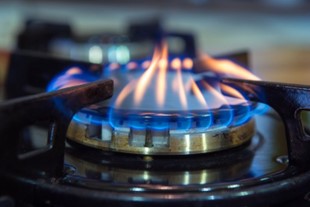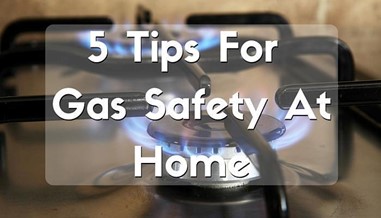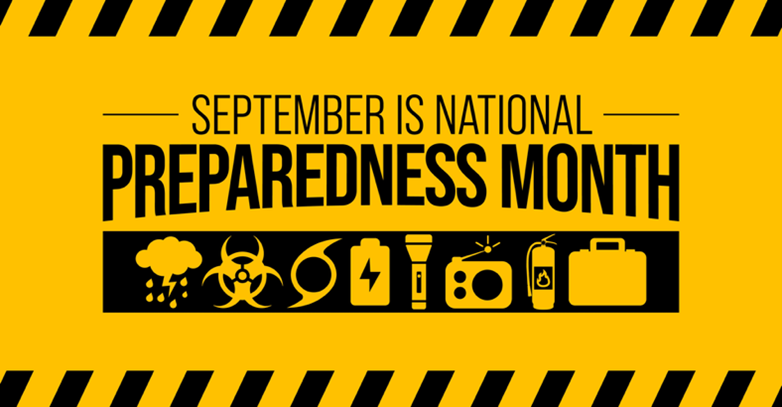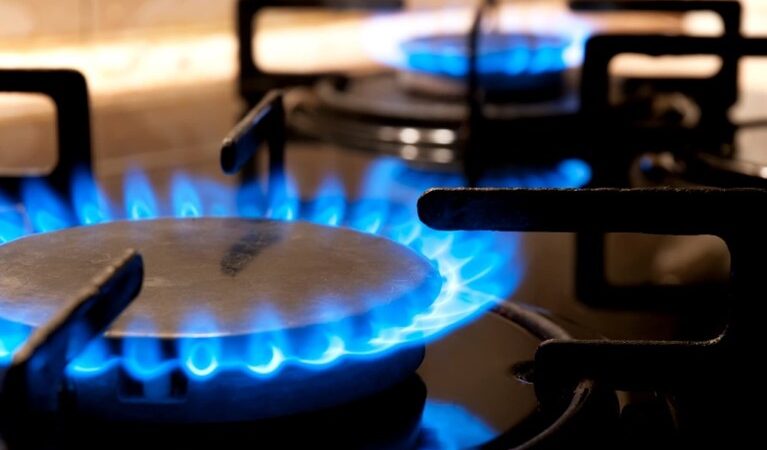Understanding the Risks of Natural Gas

With millions of homes and businesses using it for fuel, heat, and electricity, natural gas is a commonly used energy source. It is a necessary component of modern living due to its efficiency and convenience. Like any energy source, natural gas has its hazards, though. It’s essential to know how to use natural gas safely if you want to keep your house or place of business safe and accident-free.
Understanding the Risks
Since natural gas has no color or smell, it is challenging to identify on its own. Gas companies add mercaptan, a nontoxic chemical that gives natural gas a unique rotten egg smell, to help discover leaks. Although it is a crucial safety component, this is only a small portion of a larger safety plan.
The main risks associated with natural gas include:
- Gas Leaks: If a gas leak comes into contact with an open flame or spark, it may cause explosions or fires. Leaks can be caused by damaged or loose fittings, malfunctioning appliances, or deteriorating infrastructure. That is why it is important to inspect your natural gas fuel lines for signs of damage, keep them free of debris, and never hang anything on them.
- Carbon Monoxide Poisoning: Carbon monoxide (CO), a colorless, odorless, and lethal gas, can be produced when natural gas is not completely burned. When gas appliances are not properly maintained or ventilated, CO poisoning may result.
- Fires and Explosions: Gas buildup in confined spaces can catch fire and have disastrous results. If gas concentrations are high enough, even little sparks from electrical appliances or static electricity can result in an explosion.
Signs of a Natural Gas Leak
Natural gas mishaps can be avoided in large part via early identification. The following are typical indicators of a gas leak:
Smell: There is a strong rotten egg smell.
Sound: Whistling or hissing sounds next to appliances or gas lines.
Observation: Dead or discolored vegetation surrounding gas lines, or bubbles in standing water.
Call your gas company or emergency services from a safe distance, leave the area safely and quickly. Refrain from using any electrical devices if you think there may be a gas leak.







